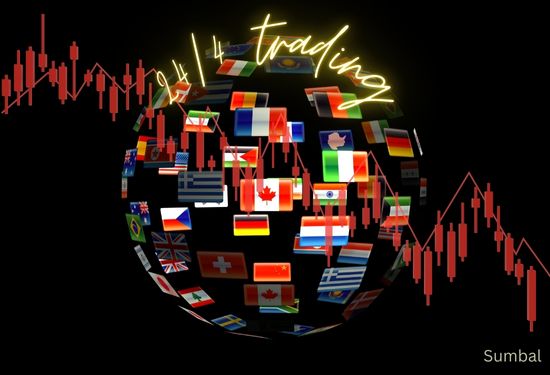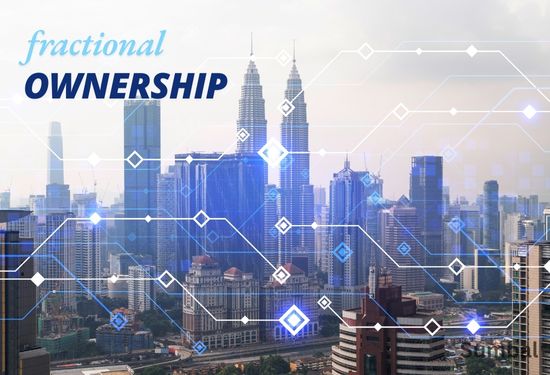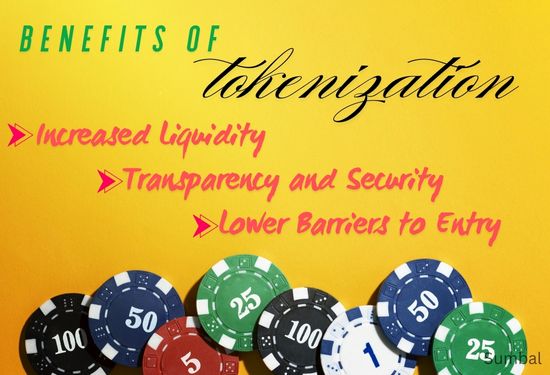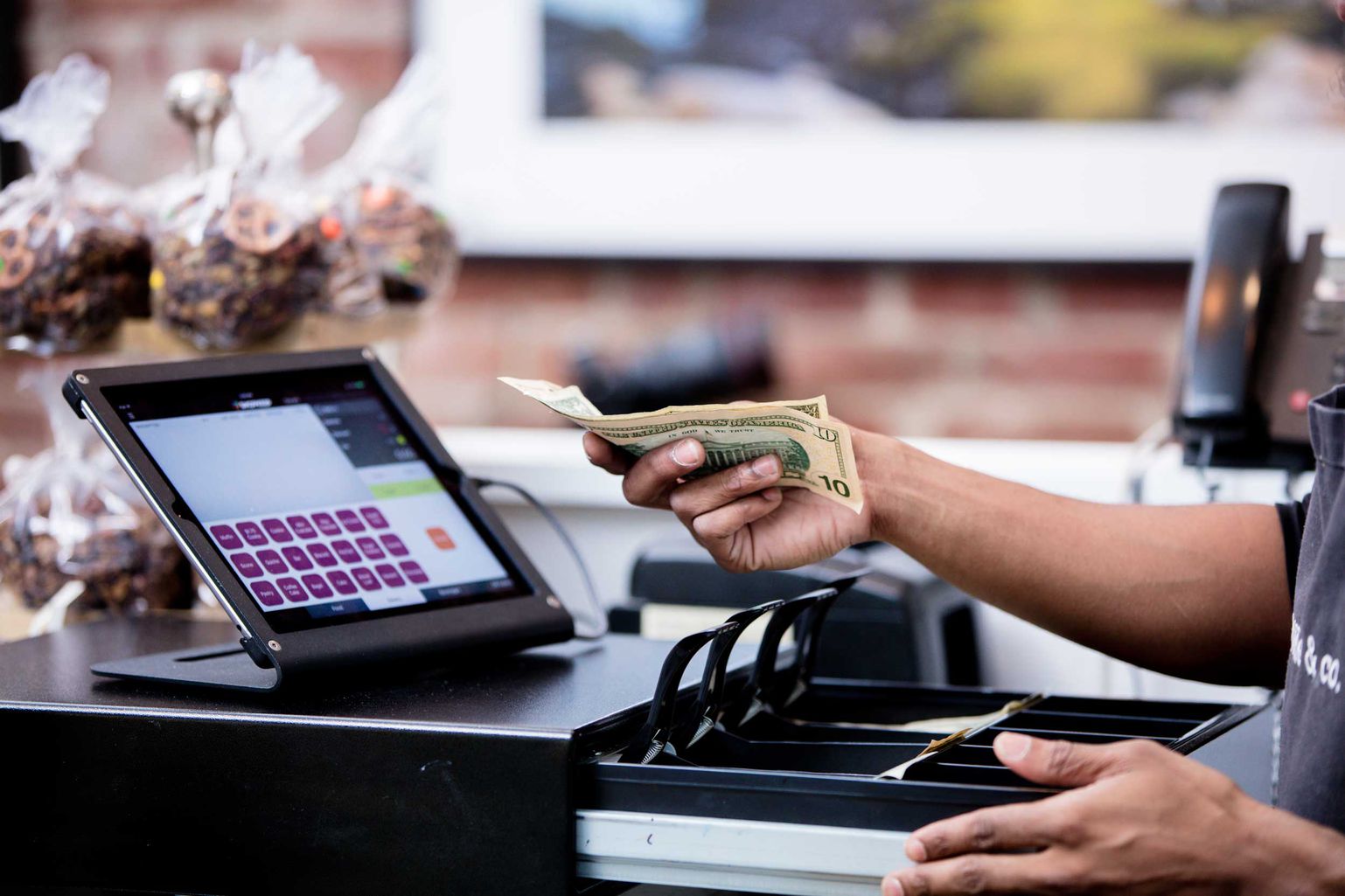Tokenization is revolutionizing the approach to investing in real estate and stock markets more than ever. It represents the application of blockchain to new areas by using a blockchain to tokenize physical and intangible assets so they can be traded with much more ease and transparency.

Asset tokenization is the process of enabling the issuer to represent the asset using tokens within a blockchain. These tokens are then stored and managed on a blockchain, a database that maintains a continuously growing list of transparent records.
The Benefits of Tokenization for Real Estate
However, traditional real estate investment models are cash-intensive, time-consuming, and often have long-term obligations. Tokenization, however, simplifies these processes, offering several key benefits:
Increased Liquidity
Real estate is predominantly called an illiquid investment since it takes considerable time to purchase or sell assets. Tokenization makes it possible for investors to trade a part of their ownership on digital markets hence increasing the liquidity of the real estate industry.
Lower Barriers to Entry
The benefit of tokenization is that property owners can partition their properties into smaller parts, allowing investors to purchase them with much less money. This enables more people to invest in real estate since they do not need the capital to buy the entire property.
Transparency and Security
Blockchain technology offers the opportunity to create trustful and indisputable possession. Each exchange is checked by the blockchain and stored in a shared database to eliminate fraud and enhance the investors’ confidence.

The Effect of Tokenisation on the Stock Market
Tokenization is also impacting stock markets by providing a new mechanism to purchase, sell, and trade shares:
Fractional Ownership of Shares
Tokenization allows investors to buy fractional pieces and thus access stocks beyond their budget or liquidity ratios. This is especially helpful with shares in highly demanded stocks, such as those in big tech industries, which may set share prices at unreasonably high levels.
24/7 Trading and Global Access
Stocks can be tokenized and sold on 24/7 broker exchanges, which are different from regular stock exchanges with limited timing. This type of trading ensures investors can respond to global events in real-time.
Reduced Costs and Greater Efficiency
Tokenization can lower the price of purchasing and selling equities because it might reduce the number of middlemen appraisers, such as brokers. Purchases and sales are more accessible and cheaper, allowing investors to trade with ease.

Challenges in Asset Tokenization
As asset tokenization shows enormous assurance, there are still difficulties to address:
Legal obstacles
Tokenization of assets remains an emerging space regarding the legal structure governing tokens, depending on the location. Tokenization is advancing within intricate legal structures, and investors and asset issuers are captive to these structures due to legal controls.
Technology and Security Risks
Despite blockchain's ability to provide high security, there are also risks associated with the technology. One must be aware of the nature of the platforms in which he or she invests and the likelihood of the technology being hacked or having faults.
Market Volatility
Like any other emerging trend, tokenized assets are prone to market fluctuations. Movements in price might be sharp in the short run since the adoption of Bitcoin and other cryptocurrencies is still in the experimental phase.





